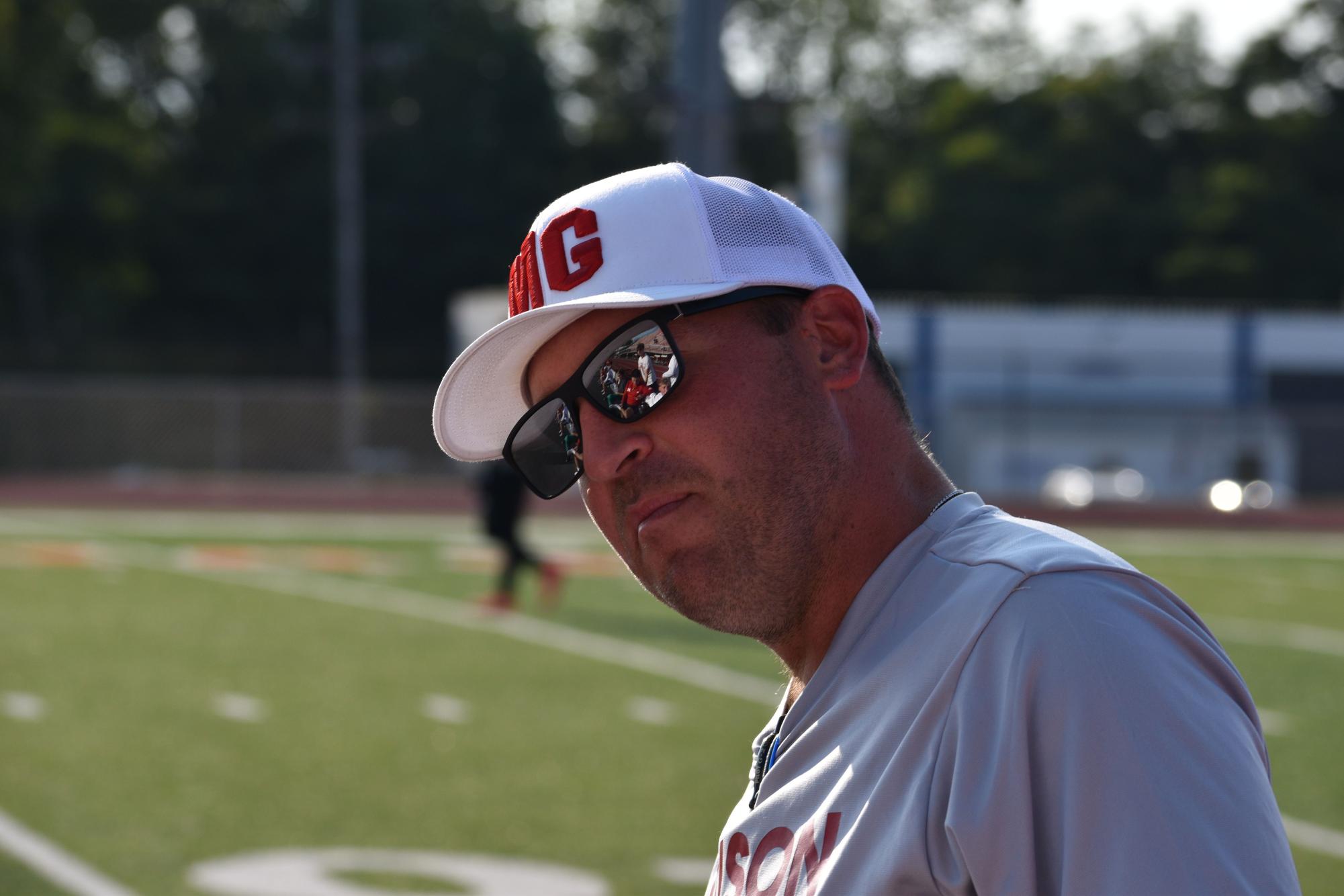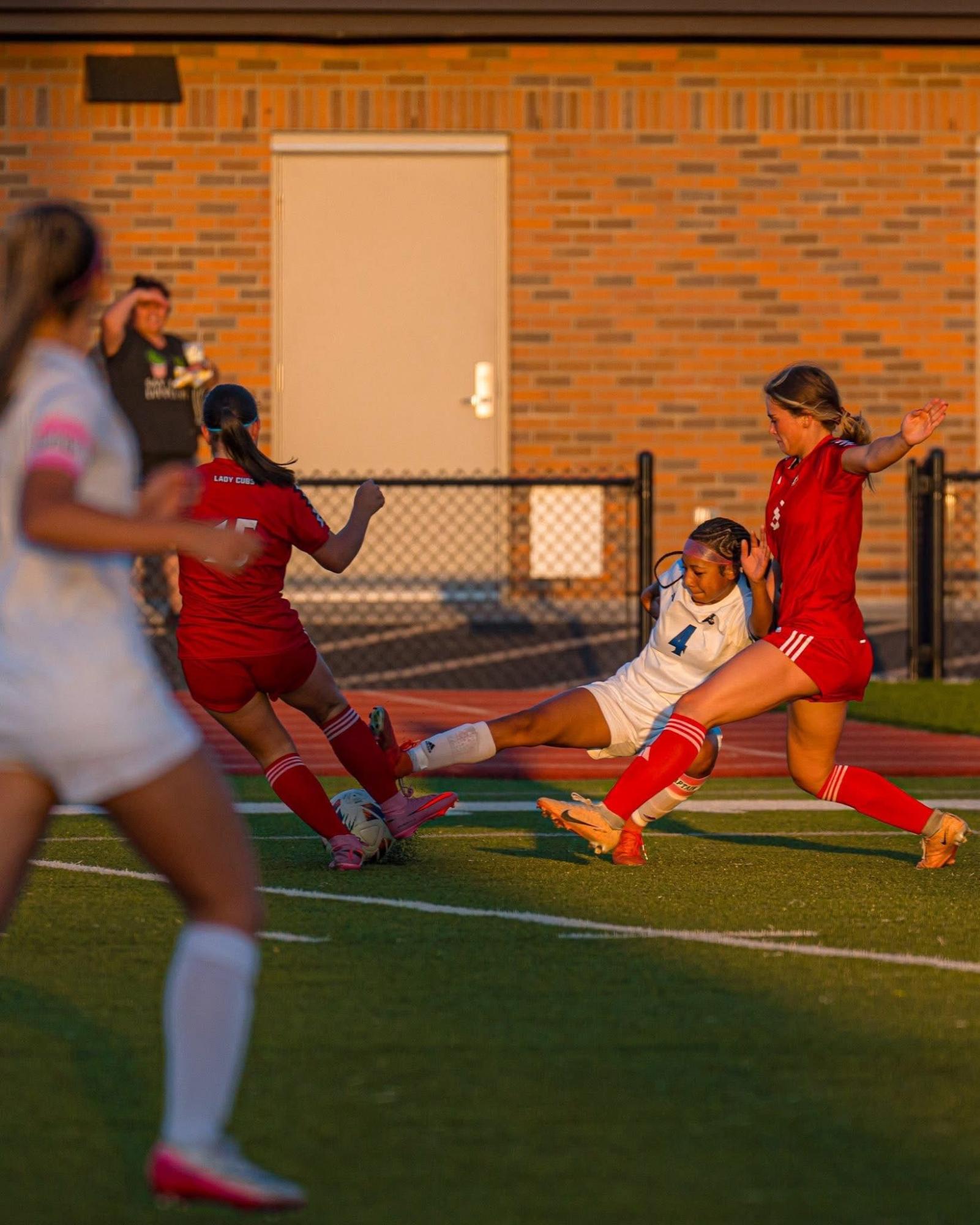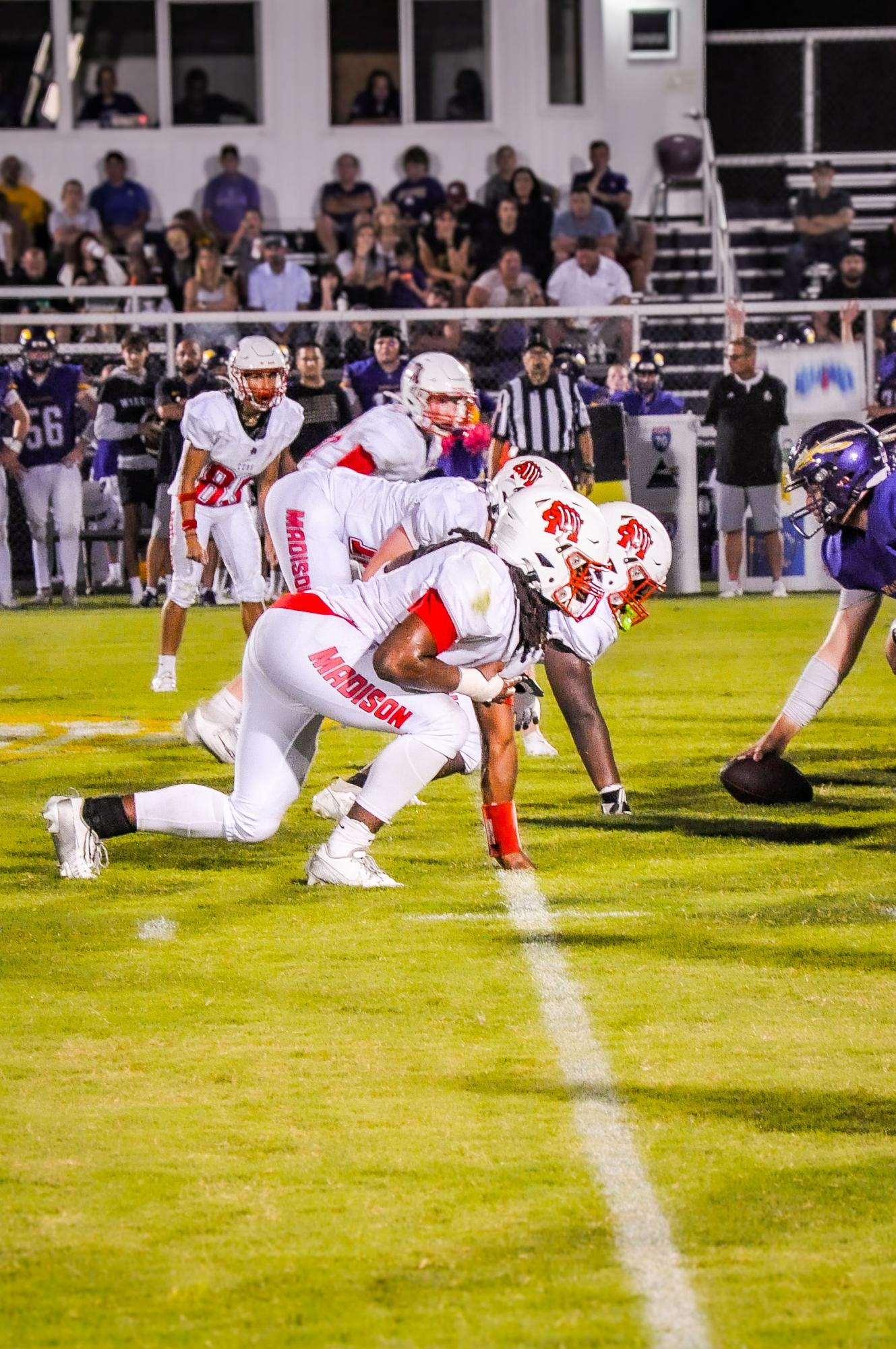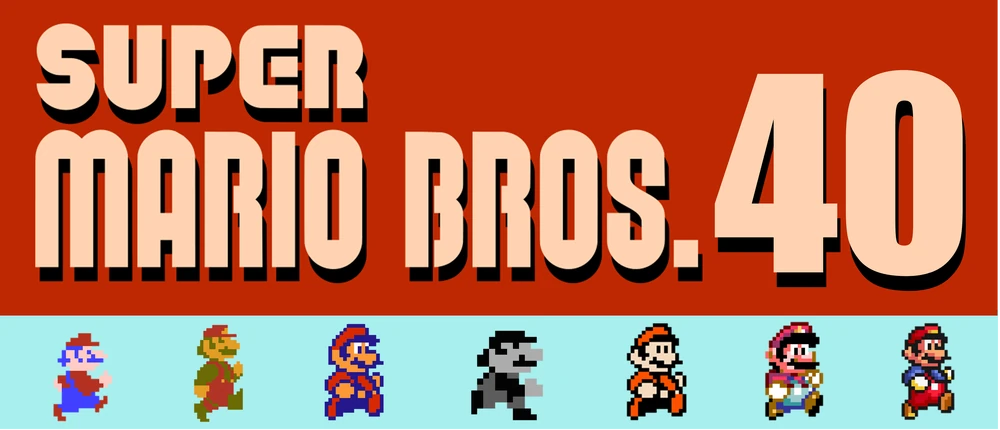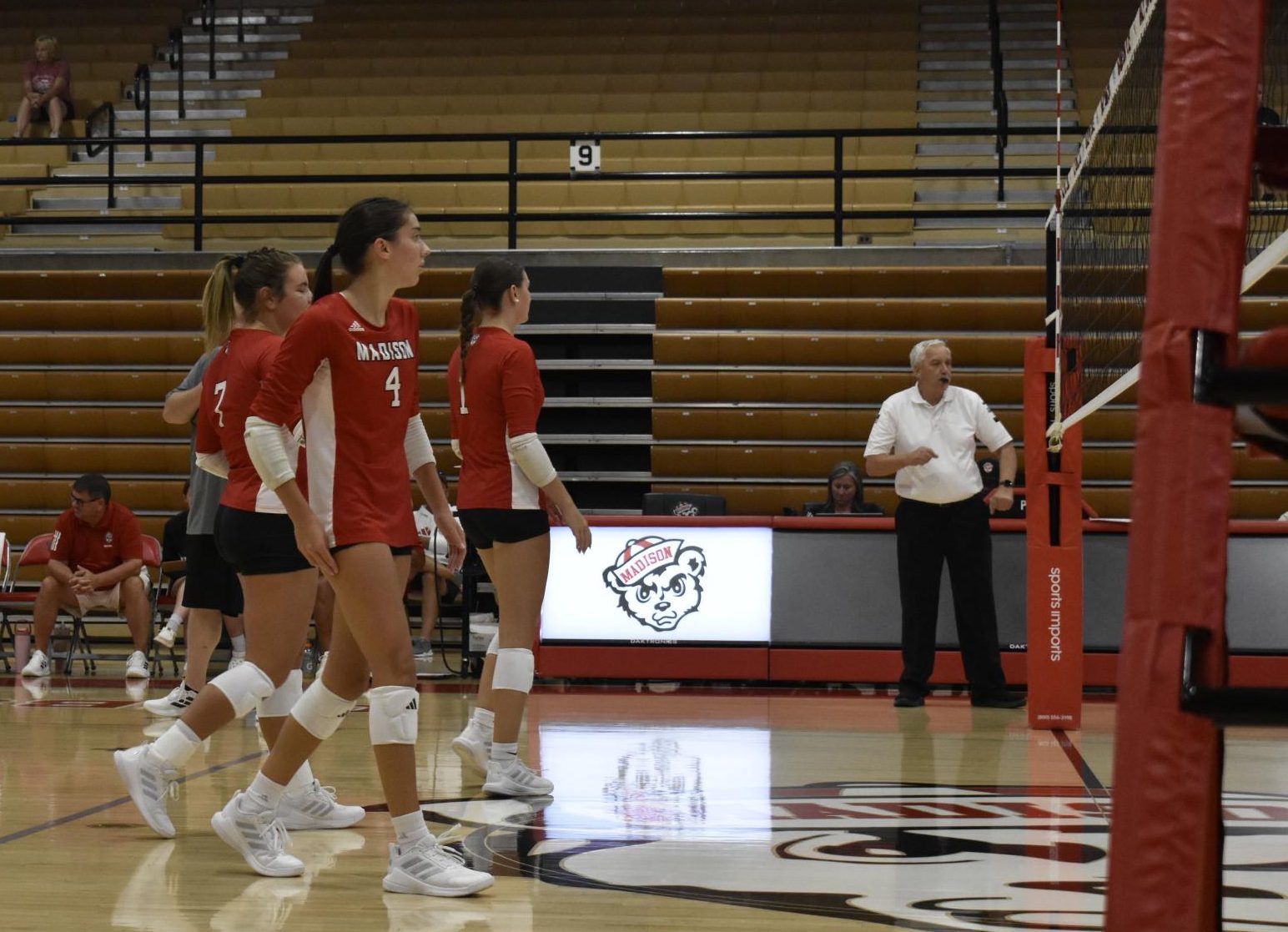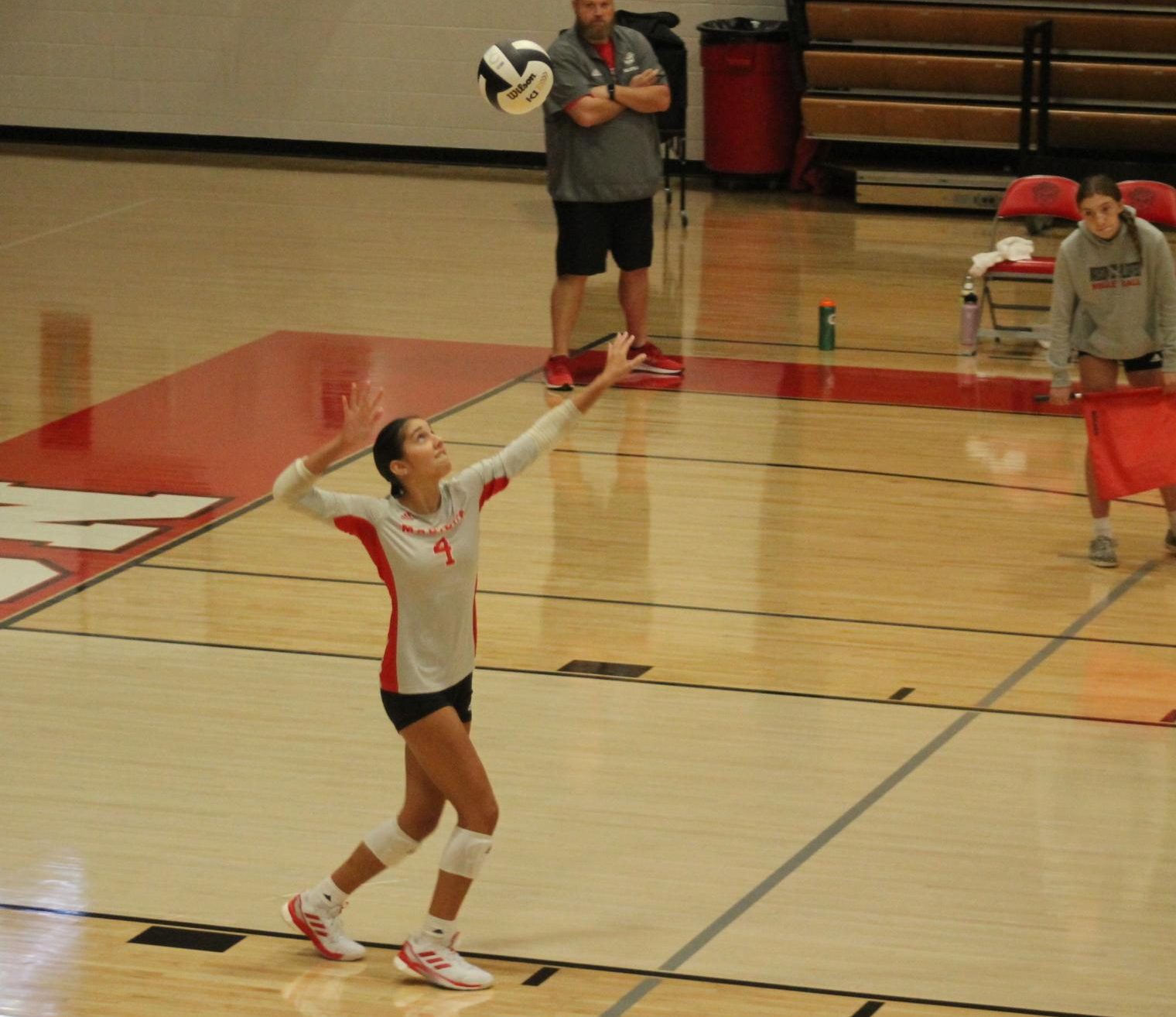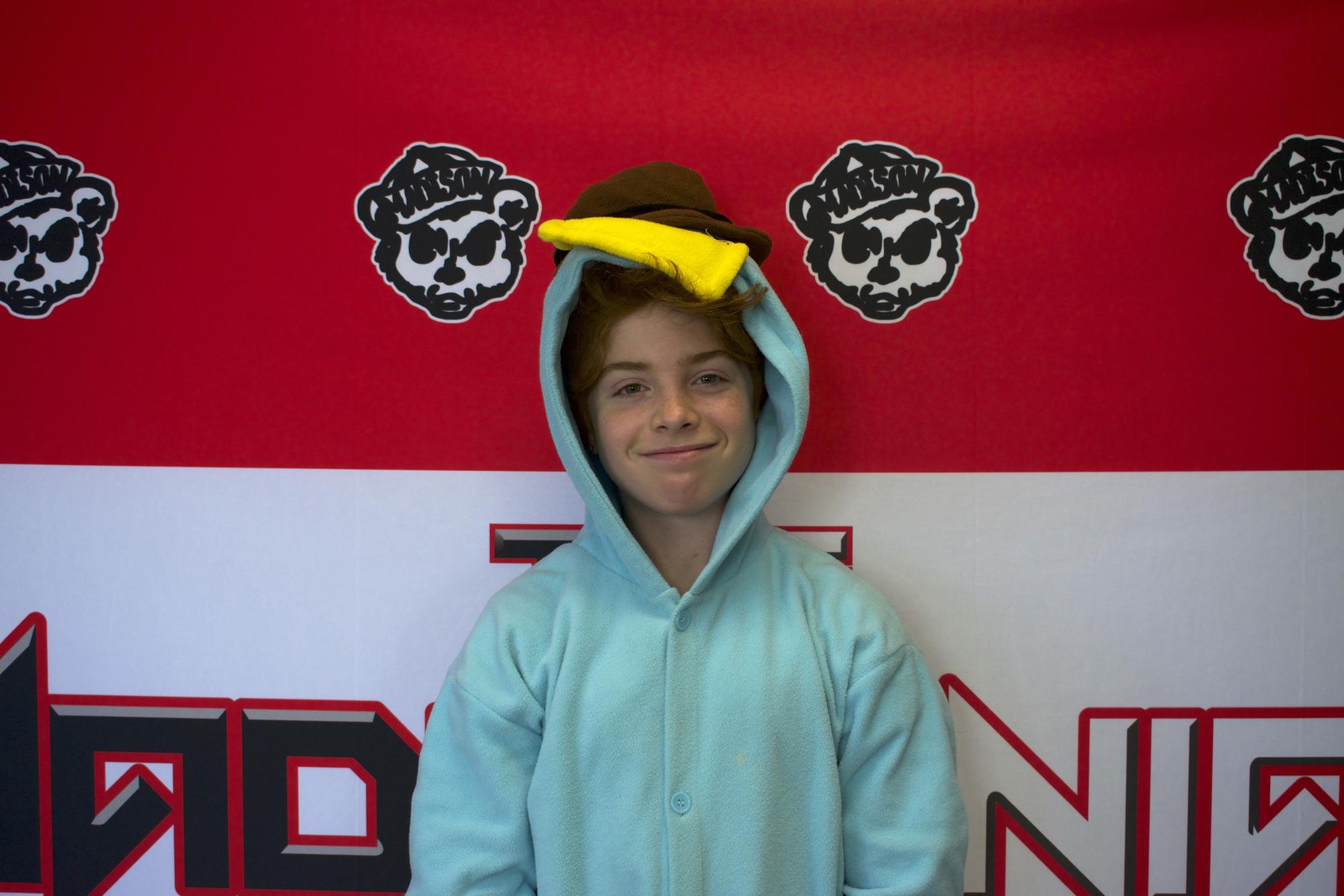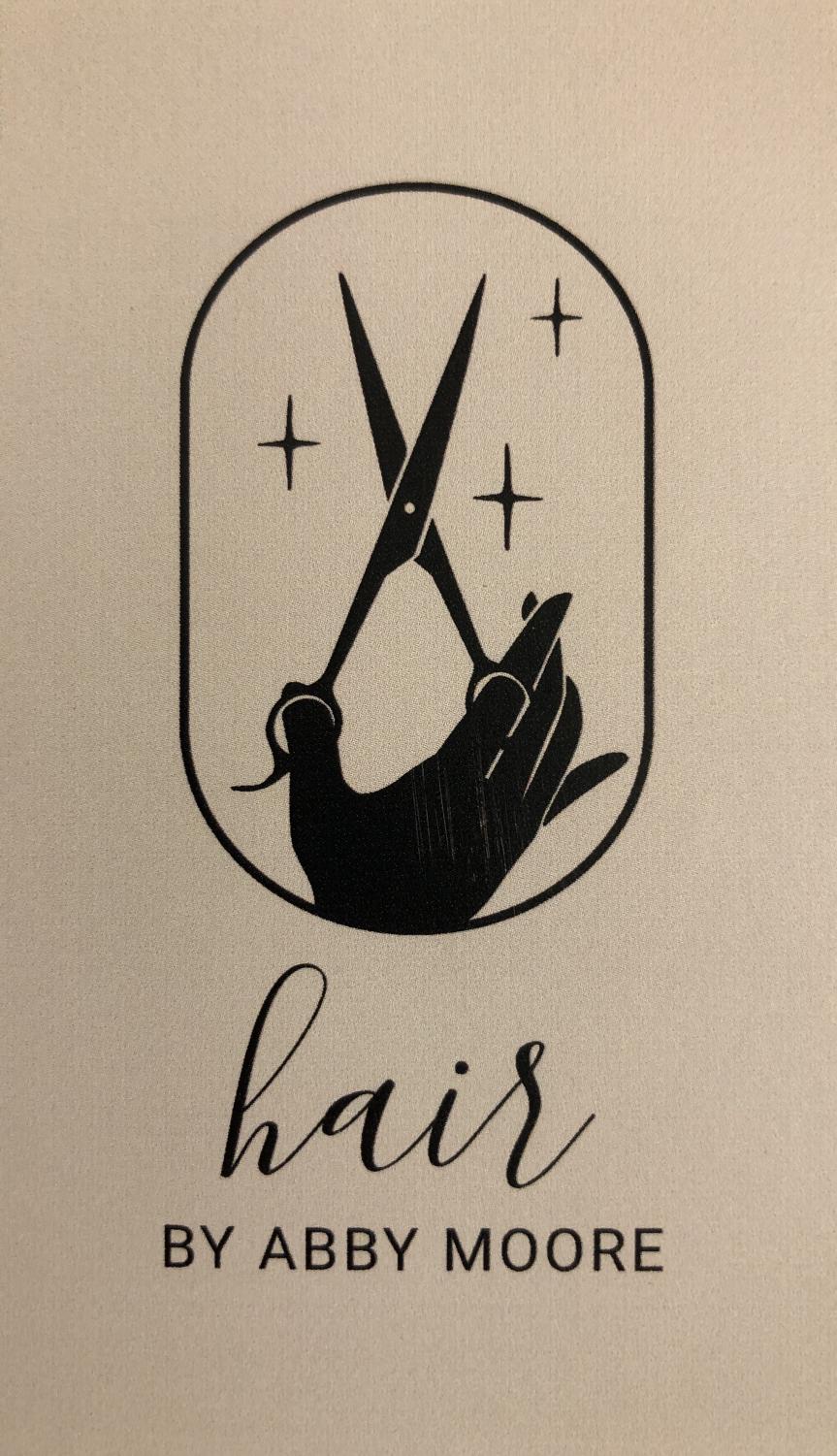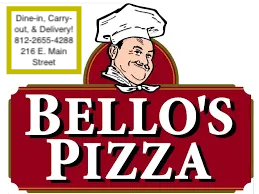Groundbreaking Artist Wins Grammy without Selling an Album
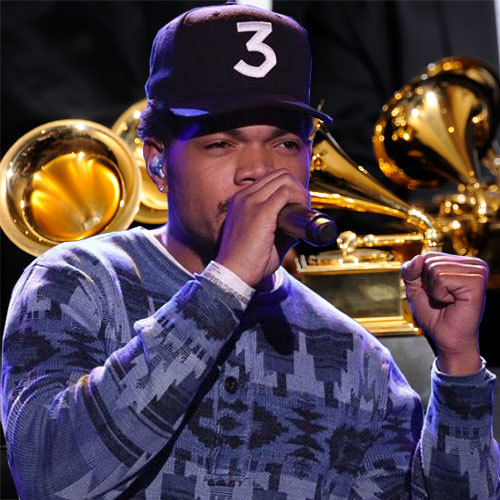
Via djbooth.net
February 28, 2017
The 59th Grammys were stuffed to the brim with emotional acceptance speeches and star studded performances from acts like Adele and even a pregnant Beyonce. But the most emotional moment of the night was during the “Best new artist” category when Chancelor Bennett, better known by his stage name, Chance the Rapper, became the first artist to ever win a Grammy without selling physical copies of his music or barely any online music. Chance was nominated for seven different Grammys and won three including Best New Artist, Best Rap Album for his debut album Coloring Book, and Best Rap Performance for the performance of his song “No Problem” featuring Lil Wayne and 2 Chainz.
A few years ago Chance would not have been eligible for Grammy nomination, but before the nominations this year, the rules were relaxed allowing albums only released on streaming services like Spotify and Apple Music to be eligible. Chance is also not signed to a label which is another first for the Grammys.
The biggest surprise of the night, though, was Chance’s win over highly publicized and marketed albums such as Kanye West’s The Life of Pablo, Drake’s Views, and DJ Khaled’s Major Key. He released Coloring Book completely independent from a record label.
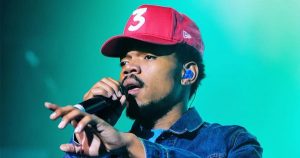
Surprisingly, Chance does not sell his music and makes money solely from touring and merchandise sales. He prefers to give his music out for free. Chance elaborated on the topic during an interview with Vanity Fair: “I never wanted to sell my music because I thought putting a price on it put a limit on it and inhibited me from making a connection.”
Chance wants to be able to reach everyone with his music and connect to people whom otherwise would not be able to afford it. He does not want people to have to try to decide between buying his music or spending their money on more important things or even between his album or someone else’s. Chance has a message to spread, and he does not want the restrictions of a record label or a price tag to hinder him. Ultimately, he has proven that an artist doesn’t need to be signed to a record label to go all the way.
